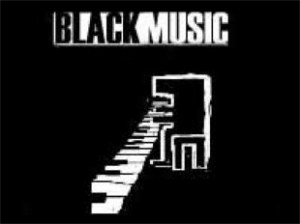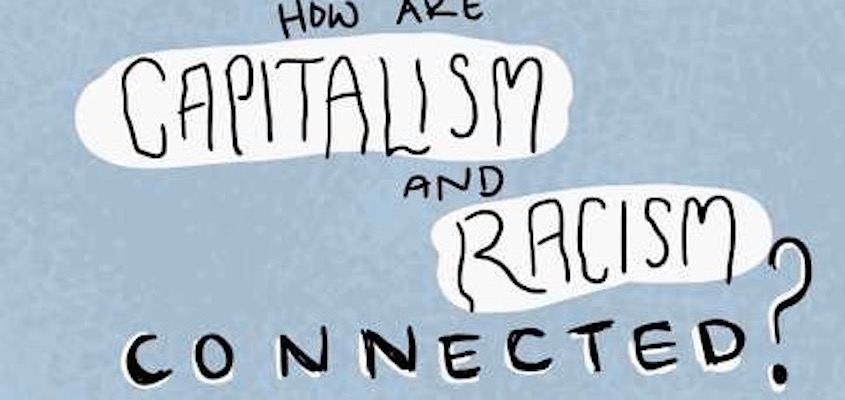(ThyBlackMan.com) It’s been said that music is the soundtrack of life. I can’t imagine my own life without music, so I must pay respect to its ubiquitous African roots.
I am not talking about black music this week because President Jimmy Carter dubbed June as Black Music Month in 1979 and every U.S. president since then has followed suit. Okay, maybe the newsletter from the St. Louis Public Library announcing its celebratory activities gave me pause for reflection.
When he became president, Obama renamed the month African American Music Appreciation Month. We all need to know the origins of American music. Further, any history or appreciation of black music must include acknowledgment of the African spirit of creativity.
Blacks have dominated the music scene since their forced arrival to North America in 1619. Many music historians readily assert that black music is  America’s only original music. Black American creative genius has been non-stop for nearly four centuries.
America’s only original music. Black American creative genius has been non-stop for nearly four centuries.
There’s spiritual, gospel, pop gospel, blues, jazz, be-bop, ragtime, rock and roll, freedom songs, soul, rhythm and blues, disco, rap, funk, hip-hop, reggae. There were numerous spin-off subgenres like swing, ska, bossa nova, doo wop, boogie woogie, Afro-Cuban, bluegrass, go-go, pop, Mambo, neo-soul, world fusion and on.
And there’s more where they came from – new art forms are germinating somewhere.
Black music has been copied and expanded by musicians of every hue. The musical contributions of African Americans were not always acknowledged or compensated, let alone appreciated. History is full of examples of stolen songs, co-opted genres, unpaid royalties and unfulfilled contracts. The music industry has gotten rich off the souls of black folks, but the rest of us need to get the story straight.
The U.S. music market worth is worth about $32 billion. If we were to apply some reparations math to it, at least 80 per cent of the profits should be going to people of African descent.
Duke Ellington once said, “It’s all music.” I think what he meant was that the beauty of music is to be shared and enjoyed by all, no matter who creates it. That’s all well and good, until artists see their music copied or stolen by white musicians or by the music industry while their families suffer financially or they die penniless.
The industry isn’t as blatant in its exploitation as it once was, but most still have a plantation mentality. It wasn’t just an attention-getting stunt back in the 1990s when Prince performed with the word “slave” on his face. It referenced his relationship with Warner Brothers, a contract that he ultimately severed after some creative ploys.
A number of young artists have since began to record under their own labels or release music on the internet on their own terms. The music industry has been scrambling for the last decade to re-adjust to the changing times and technology.
Regardless of the genre, black music touches an emotional chord inside of us. It can be therapeutic, it can be motivating – it just depends on our mood and where we want to go with it.
So don’t wait for a certain month to roll around in order to appreciate black music. When you take in your daily dose, think music and thank black folks.
Written By Jamala Rogers




















Correction (never do math in your head after midnight) — that’s $25.6 BILLION, not $21.6 BILLION that should be coming back to the Black community and CAN come back, starting next year. All the more reason you need to reread this article and understand what can be done around our music!
Big, big applause — I love this article, for it is the TRUTH in big bold letters. Let the reader further reflect:
We no longer have to sign up for the plantation system — and it is that. Find my article here on this site named “The Black History the Music Industry Doesn’t Want You to Know About” and get wise to it. Go indie, go indie, go indie!
Second, it will be possible, beginning next year, for our Black elders and their heirs to take control of their music back owing to a change in copyright law coming in 2013. Check my article on this site called “Take Your Music Back, Folks (Copyright Law 1976)” and get wise to it. Everything from 1956 and back written by Black people and everything written from 1978 forward can be reclaimed — that is the nearest to reparations we will probably ever get, and I will be writing about that in the very near future. Reread the above article and apply that reparations math — what could the Black community do with 80 percent of $32 billion dollars? That would be $21.6 billion dollars coming home EVERY YEAR to the people that have created the most bought and sold music ON EARTH! Get wise to it, and get ready!